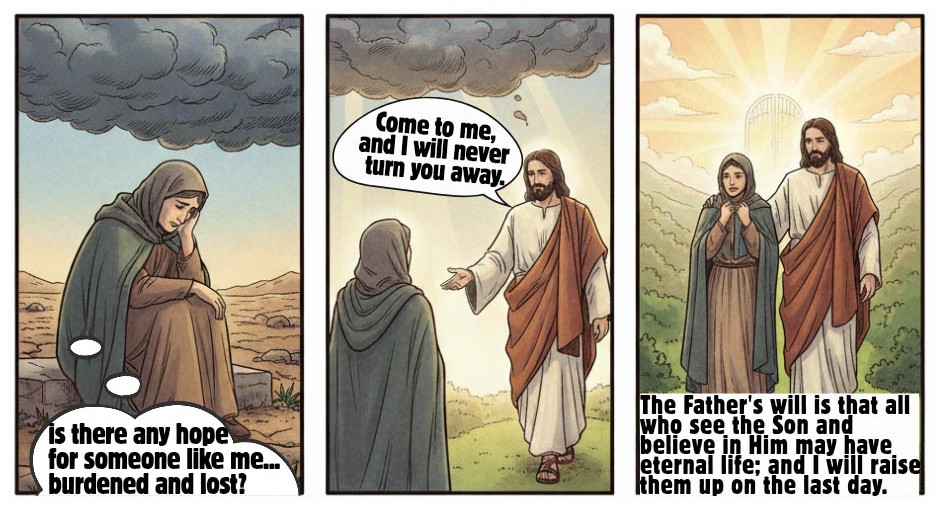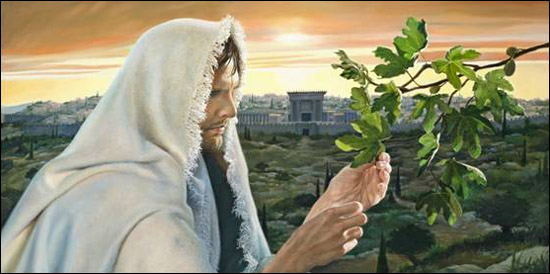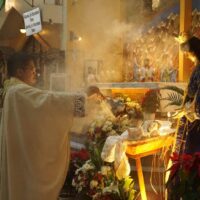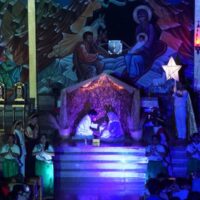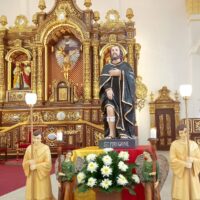Today we gather in faith and remembrance to pray for all our beloved departed—our parents, grandparents, friends, and all who have gone before us marked with the sign of faith. The words of Jesus in today’s Gospel bring us comfort and hope:
“All that the Father gives me will come to me, and anyone who comes to me I will never drive away… I will raise them up on the last day.” These are not just words of consolation, but words of promise. Jesus reveals to us the Father’s heart—a heart that desires life, not death; salvation, not loss. Death, for those who believe, is not the end but a doorway into the fullness of life with God. We pray today because we trust in God’s mercy. Jesus came down from heaven to do the Father’s will—to save, not to condemn. Our prayers for the dead are acts of faith and love that express our hope in Christ’s mercy. When we light candles, offer Masses, or whisper the names of those we miss, we declare our belief that love never ends. Even death cannot sever the bond we share in Christ. This is what the Church calls the Communion of Saints: the living, the dead, and those being purified, all united in the love of God.
Finally, this day reminds us to live in the light of eternity. The resurrection is not a dream—it is Christ’s sure promise:
“I will raise them up on the last day.” Every Eucharist we celebrate is a foretaste of that heavenly banquet where we shall be reunited with those we love. Let us therefore live our faith with mercy, forgiveness, and hope, knowing that one day, God will wipe away every tear, and death shall be no more. Eternal rest grant unto them, O Lord, and let perpetual light shine upon them. May they rest in peace. Amen.
~ Fr. Bryan
OBEDIENCE – THE PATH OF BELONGING
In the Gospel, Jesus says: “Everything that the Father gives me will come to me, and I will not reject anyone who comes to me… For I came down from heaven, not to do my own will, but the will of the one who sent me.” These words speak about two movements in life — being given and being sent — and both reveal something essential about belonging and mission. When I reflect on my own life, I remember that I, too, was once given. When I was a child, my parents entrusted me to my grandparents because they could not fully support me, having already three older sons. It was an act of love — a humble obedience to what was possible at that time. And for me, being given meant learning trust, patience, and gratitude. It was a lesson that love often expresses itself in sacrifice.
Now, as a priest, I realize that I am no longer only given — I am sent. I am sent by God to serve His people; to do not my own will, but the will of Him who called me (Jesus Christ). Just as Jesus was sent by the Father, so too every vocation — whether priesthood, married life, or single life — is a mission of love. To be given is to receive love. To be sent is to share that love. Jesus assures that whoever comes to Him, He will never reject. This is the same promise that gives meaning to me, “being sent” — that in serving others, in obeying God, I am participating in His saving mission, bringing people closer to the heart of the Father. Here I see that obedience is not about control or force — it is about belonging. When I obey someone other than myself, I show that I belong to that person. When I obey God, I declare with my life that I belong to Him. In obedience, therefore, I can trace where I truly belong. Obedience is not about losing freedom; it is about discovering to whom my freedom is meant to serve. Jesus himself showed me this: He came down from heaven, obeyed the Father, and through that obedience gave life to the world.
So when we obey, we do not simply follow orders -we follow Jesus Christ and in following Him, we find our place, our peace, and our true belonging — in the heart of God.
–Friar Jumz
 Diocese of Parañaque
Diocese of Parañaque

